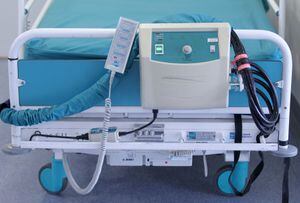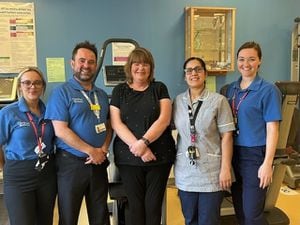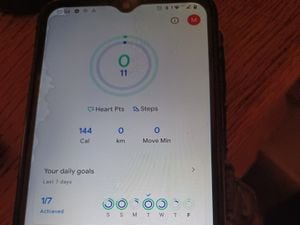Birmingham hospital saw region's second highest percentage of patients waiting hour or more to be transferred from ambulance
A Birmingham hospital saw the region's second highest percentage of patients waiting an hour or more to be transferred from an ambulance, a report says.

Out of the 3,846 handovers recorded at Heartlands Hospital in December, 557 took longer than 60 minutes. That rate, of 13.6 per cent, was the second highest out of the 16 emergency hospitals covered by the West Midlands Ambulance Service.
In a report for the WMAS board, Strategic Operations Director Craig Cooke writes that, region-wide, “hospital handover difficulties started to rise in June, this situation has worsened each month thereafter”, eventually doubling in the last quarter of 2020.
Throughout December, the Royal Shrewsbury Hospital had the highest rate of hour-plus handovers, at 13.9 per cent, while the Worcestershire Royal Hospital was third with 12.7 per cent.
Wolverhampton's New Cross was fifth with 11 per cent, while Russells Hall Hospital was 10th with 4.1 per cent and Sandwell General Hospital was 15th with 0.8 per cent.
Telford’s Princess Royal Hospital was eighth overall, with 132 out of 1,654, or 6.7 per cent.
A total of twenty-nine patients waited longer than four hours at the Worcestershire Royal, 12 did at Heartlands, seven at New Cross, three did at the PRH and one at Russells Hall.
In a report Mr Cooke writes that WMAS met all its operational targets in December “despite all the complexities of operational pressures” such “Covid-19, hospital handover delays and seasonal demand”. It was the only English ambulance service to do so.
However, he writes, “hospital handover difficulties started to rise in June, and this situation has worsened each month thereafter”.
Mr Cooke adds: “Quarter three has seen the issues impact significantly, with more patients than ever being delayed in handover to the hospitals.
“The number of patients waiting more than one hour to be handed over has doubled.
“There is a significant increase in the number of patients delayed in handover for longer than one hour and many of these patients wait outside the hospital in an ambulance for a number of hours.
“There has been ongoing dialogue between WMAS executive directors and the NHS England / NHS Improvement regional team on this worsening situation, highlighting both the patient risks and operational difficulties this presents.
“The complexity of staff abstractions due to the pandemic continues to be a challenge but normal sickness levels are being maintained and well managed.”
The West Midlands Ambulance Service University NHS Foundation Trust board of directors will discuss Mr Cooke’s report on Wednesday, January 27.





